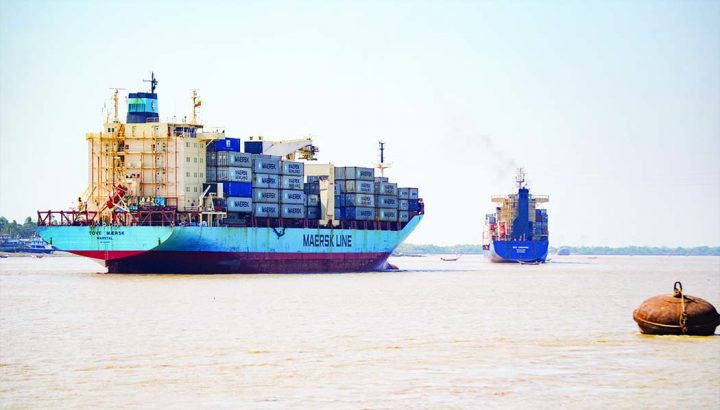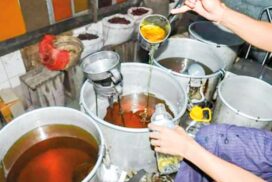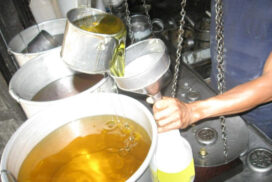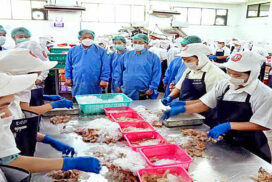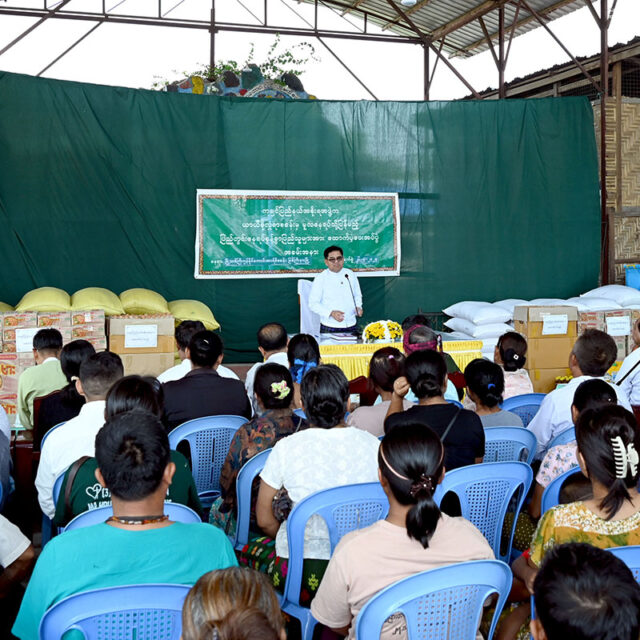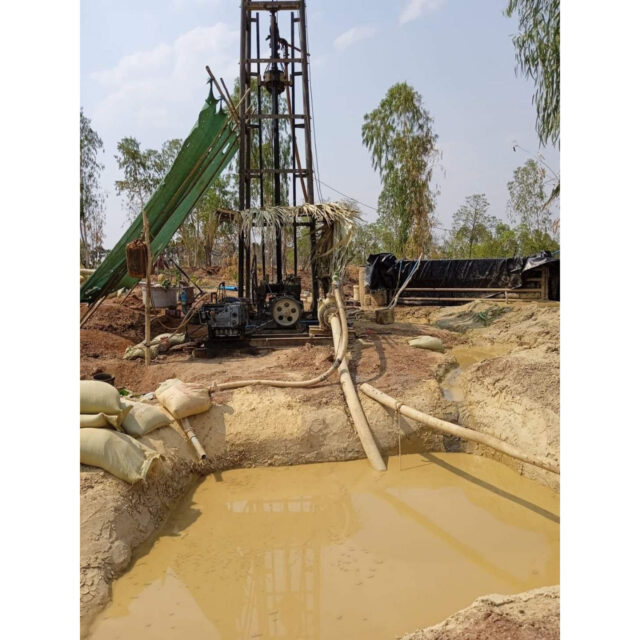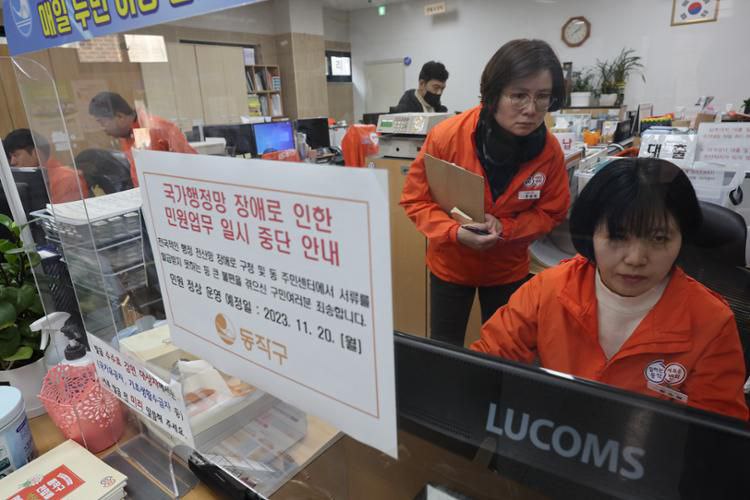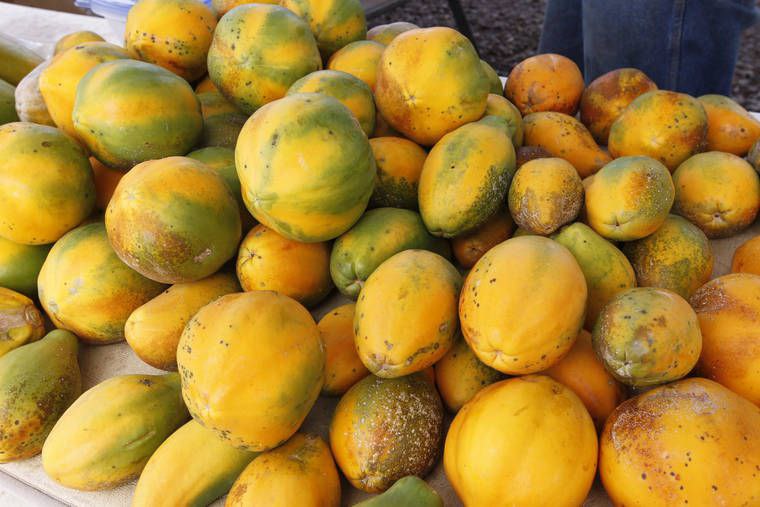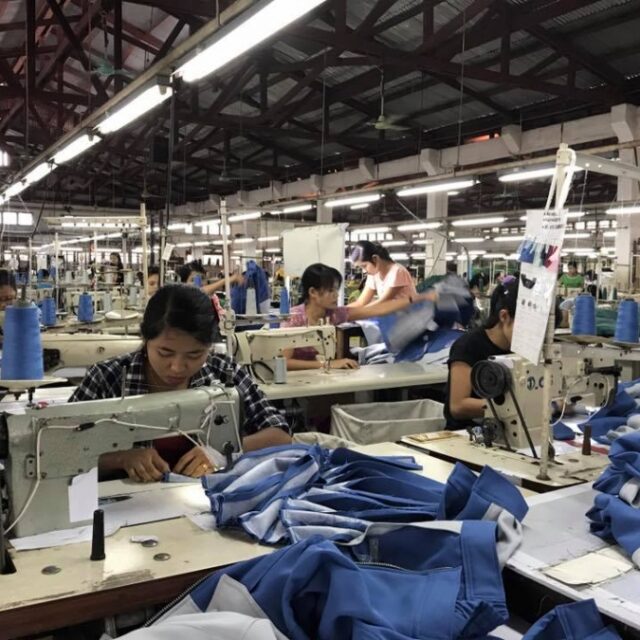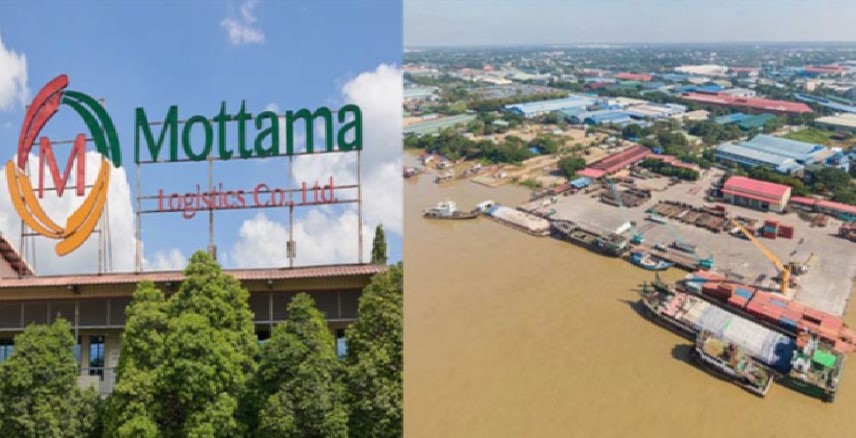The COVID-19 pandemic triggered a cargo shipping crisis, hindering palm oil import, said U San Lin, chair of Myanmar Edible Oil Dealers’ Association.
“The cargo shipping disrupted the palm oil import. The resurgences of COVID-19 infections in India raised concerns and hit the shipping industry hard,” said U San Lin.
Additionally, the bank-ing restrictions imposed difficulties to exporters and importers, he continued.
At present, the domestic palm oil price has slightly declined, tracking the import price retreat, said U San Lin, chair of Myanmar Edible Oil Dealers’ Association.
The price of palm oil fell to US$995 per tonne in the international market. Consequently, it ranges K2,800-2,900 per viss (a viss equals 1.6 kg) in the domestic wholesale market.
The oil palm trees produce fruits in abundance this time. The price is likely to be in the bull market up to October if any trade barrier will not occur, U San Lin said.
In early January 2021, production slump in importing countries Malaysia and Indonesia, caused by erratic weather conditions and the COVID-19 impacts, high imports by certain countries under tax reduction, a tax hike on exports in producing countries and the short storage of palm oil in those countries contributed to the rise in edible oil price. The palm oil price stood at $1,055-1,200 per tonne in the foreign market.
Myanmar Edible Oil Dealers’ Association issued a notice in January to import palm oil from foreign countries sustainably for self-sufficiency and distribute edible oil at a fair price to consumers. So it would ensure that there will be no edible oil shortage in regions and states when there is a rise in imported oil price.
The domestic consumption of edible oil is estimated at 1 million tonnes per year. The local cooking oil production is just about 400,000 tonnes. About 700,000 tonnes of cooking oil are yearly imported in order to meet the self-sufficiency in the domestic market. – NN/GNLM
Cargo shipping crisis impedes palm oil import amid COVID-19 pandemic
- June 30, 2021
- 712
